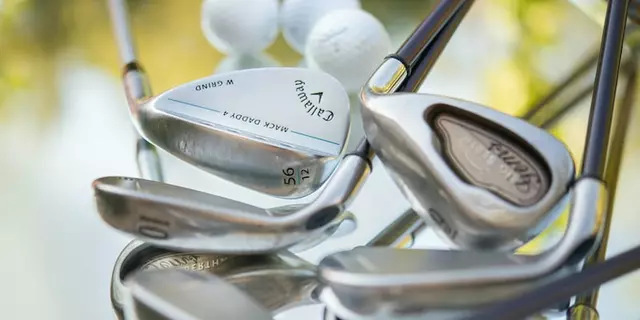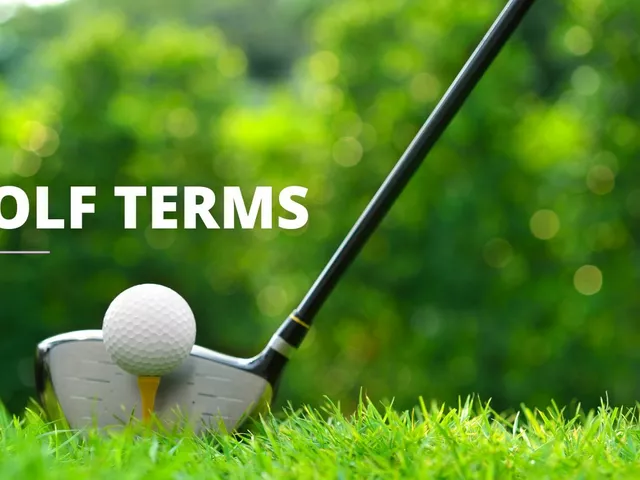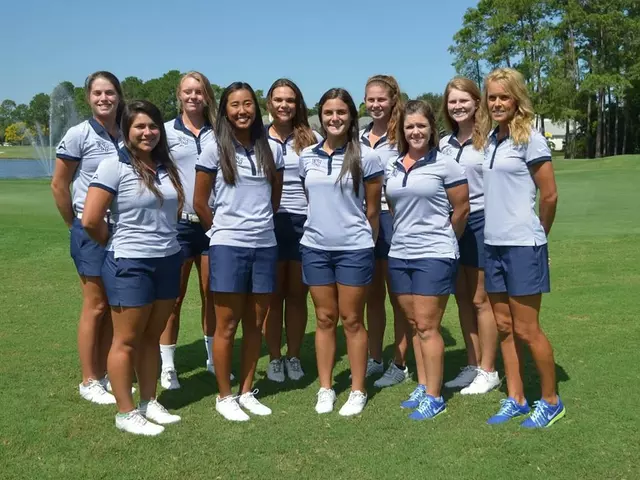Understanding the Role of a Caddy
Before diving into the differences between good and bad caddies, it's essential to understand the primary role of a caddy in golf. A caddy is an essential part of a golfer's experience on the course, providing valuable advice, support, and assistance throughout the game. In this section, we'll be discussing the fundamental responsibilities of a caddy and how they contribute to a golfer's performance.
Experience and Course Knowledge
A good caddy's experience and course knowledge can make all the difference when it comes to assisting a golfer in making well-informed decisions. An experienced caddy will be familiar with the nuances of the course, such as the layout, hazards, and green conditions, which can greatly influence a golfer's strategy. In contrast, a bad caddy may lack this knowledge or fail to communicate it effectively, leaving the golfer in the dark.
Club Selection and Shot Recommendations
Good caddies have a deep understanding of the golfer's abilities and preferences, allowing them to provide valuable advice on club selection and shot recommendations. By considering factors such as wind conditions, distance, and the golfer's skill level, a good caddy can help a golfer make the best possible decisions on the course. On the other hand, a bad caddy may not have this understanding, leading to poor advice and potentially negatively impacting the golfer's performance.
Emotional Support and Encouragement
Staying mentally strong and focused is just as important as physical ability in golf. A good caddy knows how to provide emotional support and encouragement to keep a golfer's spirits high, especially during challenging moments. A bad caddy, however, may not recognize the importance of this aspect, potentially leading to a decline in the golfer's morale and performance.
Attention to Detail
A good caddy pays attention to every detail, from the golfer's stance and grip to the condition of the course. This keen eye for detail helps the golfer make adjustments to their game, ultimately leading to improved performance. In contrast, a bad caddy may overlook these crucial details, potentially causing the golfer to miss out on opportunities for improvement.
Effective Communication
Communication is key in any relationship, and this is especially true for the golfer-caddy partnership. A good caddy is an effective communicator, able to clearly and concisely convey information, advice, and feedback to the golfer. A bad caddy, on the other hand, may struggle with communication, leading to misunderstandings and missed opportunities for collaboration and improvement.
Adaptability and Flexibility
Every golfer is unique, and a good caddy understands the importance of adapting their approach to suit the individual needs and preferences of their golfer. This adaptability allows the caddy to provide tailored support and guidance, ultimately enhancing the golfer's performance. In contrast, a bad caddy may be rigid in their approach, potentially causing friction and dissatisfaction within the golfer-caddy relationship.
Preparation and Organization
Being well-prepared and organized is a crucial characteristic of a good caddy. From ensuring the golfer's clubs are clean and in good condition to having snacks and drinks readily available, a good caddy takes care of all the small details so the golfer can focus on their game. A bad caddy, however, may neglect these responsibilities, potentially causing unnecessary distractions and hindrances for the golfer.
Building Trust and Rapport
A strong, trusting relationship between a golfer and their caddy is essential for success on the course. A good caddy takes the time to get to know their golfer, establishing a rapport that allows for open communication and collaboration. A bad caddy, however, may not prioritize building this trust, potentially leading to a lack of connection and understanding within the golfer-caddy partnership.
Commitment to Improvement
Finally, a good caddy is committed to improving not only their golfer's performance but also their own skills and knowledge. This dedication to growth and development ultimately benefits the golfer, as the caddy is continually refining their abilities to better support and guide their golfer. In contrast, a bad caddy may lack this commitment to improvement, potentially stagnating their own growth and limiting their ability to effectively assist their golfer.




Write a comment